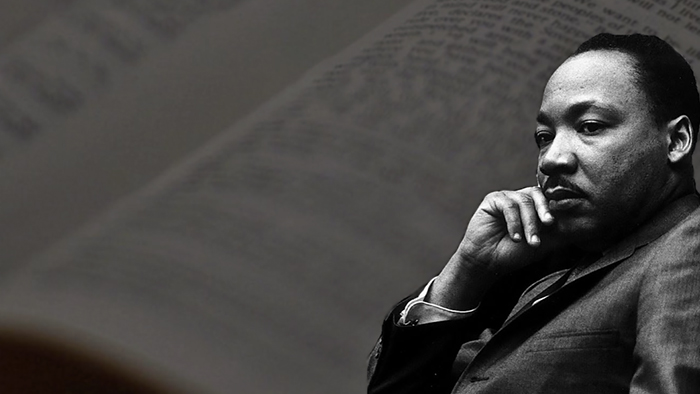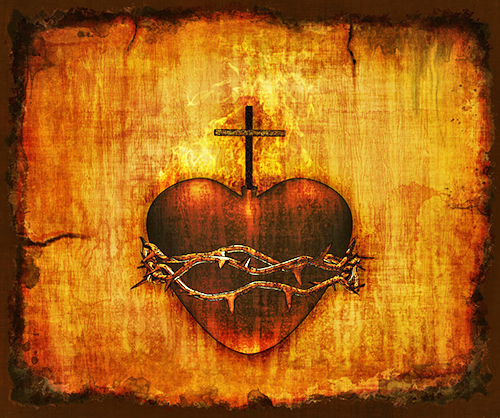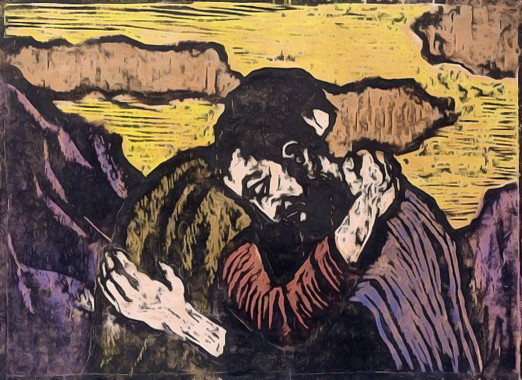
“When you fast, do not look gloomy.” Unfortunately, that was an accurate statement on my fasting. When I gave up eating certain sugary or high-carbohydrate foods, I tended to take on a dour countenance. As I matured in my understanding of fasting, I learned that fasting is much more than giving up certain foods. Fasting allows us to consciously let go of attitudes and behaviors that keep us from loving God, loving our neighbor, and loving our own dignity. There was nothing in my preparation that focused on this idea of fasting. Fasting can help us “de-centralize the self,” which is crucial in making space for God. There are three aspects of de-centralizing ourselves: The first is through prayer, which de-centralizes the mind; the second is through almsgiving, which de-centralizes our heart; and the third is through fasting, which de-centralizes our body. Fr. Richard Rohr writes, “Fasting is the opportunity to surrender to the divine flow that leads us to a peaceful inner opening that keeps the conduit of living water flowing. It is a quiet willingness to trust that you are a beloved son or daughter of God.” That allows us to draw our strength from what God has deposited within our souls. The generating motor is inside us now instead of a lure or a threat from outside. We do things going forward because they are true, not because we have to or because we are afraid of punishment.









